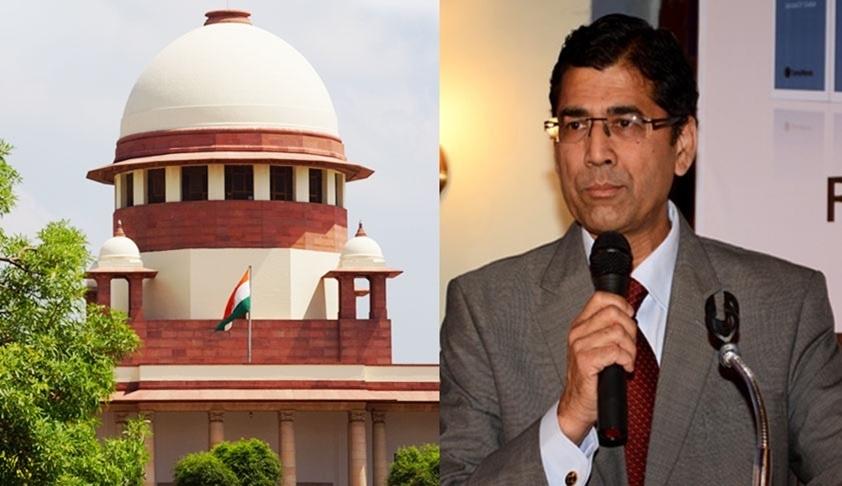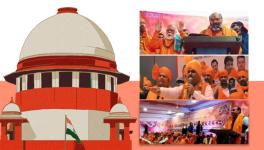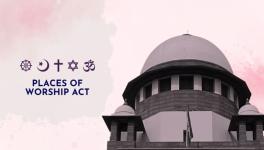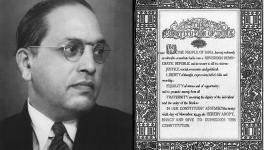Aadhaar Day 14: Senior Counsel Arvind Datar Submits His Arguments

Image Courtesy: Live Law
Senior Counsel Arvind Datar advanced his arguments on day 14 of the Aadhaar hearings, March 6. The main argument was based on Article 14 of the Constitution of India, the right to equality. This new challenge to Aadhaar based on Article 14 was made in reference to Rule 9 of the Prevention of Money Laundering Rules 2017. Rule 9 makes submitting Aadhaar mandatory for all those who are eligible for it. The Senior Counsel also referred to the RBI Master Circular – Know Your Customer (KYC) norms / Anti-Money Laundering (AML) standards/Combating of Financing of Terrorism (CFT)/Obligation of banks under PMLA, 2002, which was issued in 2013. This circular provided a list of documents – including Aadhaar – that were to be treated as ‘identity proof’, in relation to proof of name and proof of residence. This meant that the subsequent amendment to the Rules in 2017 in effect annulled the list of documents to prove one’s identity. While on the face of it there is nothing wrong with reviewing a list of acceptable identity documents, it however betrays arbitrariness as all other government-issued proofs of identity are then deemed to be unacceptable.
The Court was not entirely convinced. Justice Chandrachud remarked that the master circular was for establishing proof of identity and not on account of money laundering. However, the problem with compartmentalising the issues of money laundering and proof of identity separately is that they are interlinked. This interlinking occurs in the method to ‘prevent’ money laundering, wherein one of the most obvious steps is to ascertain the identity of account holders. This argument was also reflected when Datar stated to the effect that it is unacceptable to proceed on the assumption that the identity of each account holder is fake unless they possess an Aadhaar card.
Responding to Justice Chandrachud, Arvind Datar referred to a 1995 decision of the Supreme Court, Lal Babu Hussein v. Electoral Registration Officer. This case followed a similar circumstance, except it was in relation to electoral rolls of voters. The issue was that the electoral officer had begun a drive to review the electoral rolls in Delhi. To this effect, voters were expected to submit an exhaustive list of identity documents, any other identity documents were not to be considered. Failure to submit the specified documents would result in a police verification, which would then be considered conclusive. There was no intimation to the voters as to what time the verification would take place, the result was that many persons would have their names struck off the rolls.
In this case, the Supreme Court held that by virtue of being enrolled in the voter lists, the verification of identity was deemed to have been done in a proper manner. Hence, any further action would then be arbitrary. The resemblance that this case has to the point raised by the Senior Counsel is that where other proofs of one’s identity exist and have been legally issued by the government, why should one proof of identity take precedence over another?
Along with Senior Advocate Shyam Divan, Datar prayed that the Court extend the March 31 deadline for linking Aadhaar with bank accounts. To this Attorney General, K. K. Venugopal submitted that this point should be considered in the final week of March.
Get the latest reports & analysis with people's perspective on Protests, movements & deep analytical videos, discussions of the current affairs in your Telegram app. Subscribe to NewsClick's Telegram channel & get Real-Time updates on stories, as they get published on our website.























